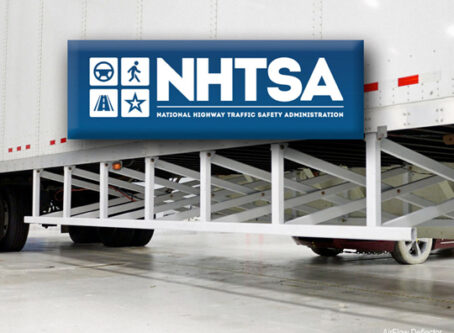Department of Labor sues Ben Shinn Trucking over handling of 401(k)
The U.S. Department of Labor has filed a lawsuit against Iowa trucking company Ben Shinn Trucking for allegedly failing to remit about $465,000 in employee salary deferral contributions to the company’s retirement plan.
The lawsuit against Ben Shinn Trucking and owner Roger Shinn was filed in U.S. District Court in Des Moines on Nov. 18.
As part of the Department of Labor’s complaint, it claims that the company violated the Employee Retirement Income Security Act of 1974.
Among the allegations, the lawsuit says Shinn Trucking and Shinn:
- Failed to hold all assets of the 401(k) retirement plan in trust.
- Permitted the plan’s assets to inure to the benefit of the employer and failed to hold them for the exclusive purpose of providing benefits to plan participants and their beneficiaries.
- Failed to act solely in the interest of plan participants.
- Caused the plan to engage in transactions which they knew or should have known constituted a direct or indirect transfer to a party in interest.
- Dealt with assets of the plan in their own interest.
“As a direct and proximate result of Defendants Shinn Trucking and Shinn’s fiduciary breaches, the plan suffered injury and losses for which they are personally liable and subject to appropriate equitable relief,” the complaint stated.
According to the complaint, Shinn Trucking withheld at least $517,914.57 in employee salary deferral contributions and participant loan repayments from Nov. 8, 2013, through July 27, 2018. During that same time period, the complaint alleges that Shinn Trucking failed to remit $465,296.76 to the plan within a timely manner.
The Department of Labor also claims that the trucking company failed to furnish an updated summary plan description, as well as to furnish summary annual reports.
The lawsuit requests that the trucking company be ordered to make good to the plan all losses, including lost opportunity costs, resulting from fiduciary breaches for which they are liable.









